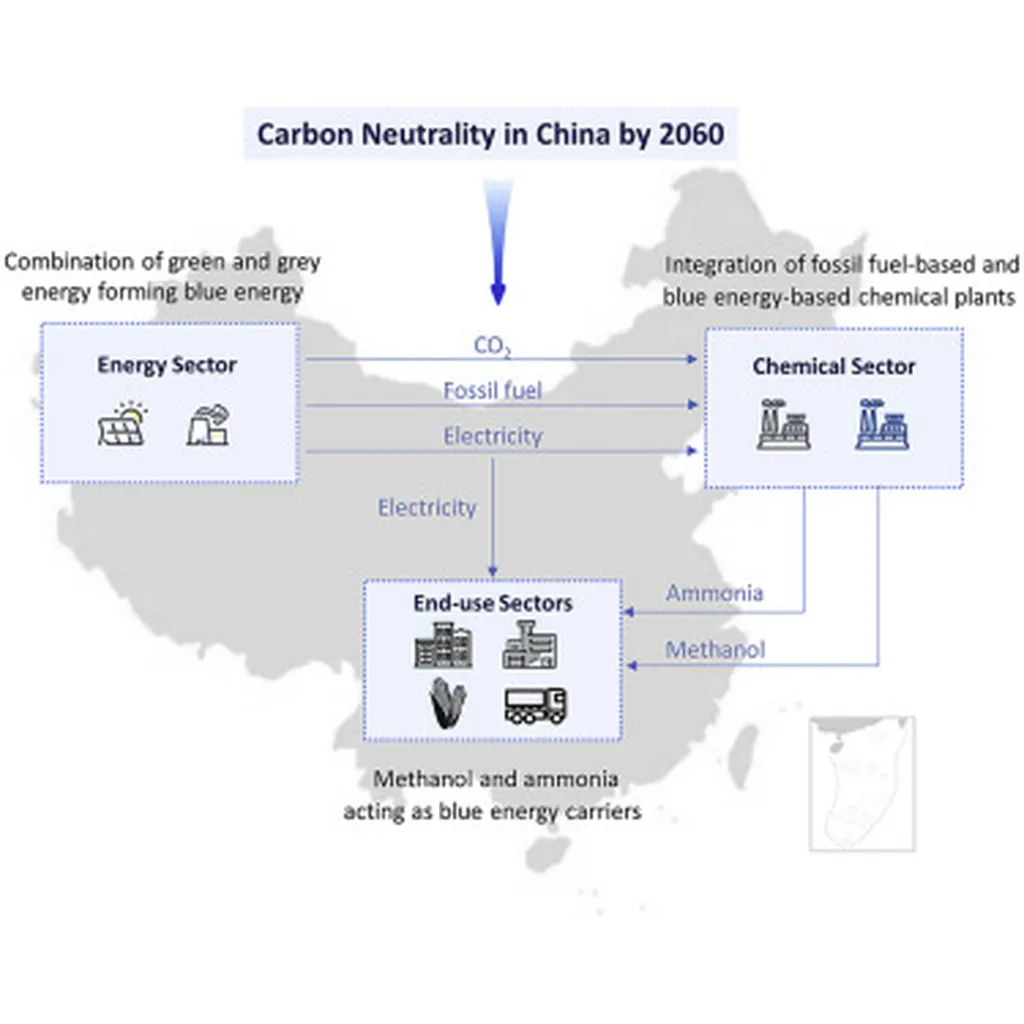In a groundbreaking study published in the journal *Environmental Research Letters* (translated from Chinese as “Environmental Research Letters”), researchers have unveiled a strategic roadmap for phasing down China’s coking plants, an industry that holds significant implications for global carbon mitigation and environmental benefits. The research, led by Hao Li from the School of Economics at the Beijing Institute of Technology, offers a granular, data-driven approach to managing China’s critical coking transition, providing crucial insights for maximizing environmental gains during industrial decarbonization.
China dominates global coking production, accounting for 70% of the world’s output. The coking industry is highly energy- and emission-intensive, making its decarbonization a critical step toward achieving resource and environmental benefits. However, until now, the plant-specific co-benefits and technologically driven pathways for this transition have remained unclear.
The study integrates detailed data from 329 individual Chinese coking plants, characterizing their location, capacity, technology, and age, with national carbon neutrality scenarios. This integration allows for the development of optimized, multi-criteria retirement pathways. “Our analysis quantifies the distinct contributions of demand reduction, driven by the steel industry transformation, and structural efficiency improvements within the coking sector itself,” said Hao Li, lead author of the study.
The research reveals that in a business-as-usual scenario, plants mainly located in Shanxi are phased out before 2030. In contrast, retirements are proportional across provinces in the low coke production scenario. The study highlights considerable co-benefits, including 53.4%–57.1% of water saving and emission mitigation toward 2060. However, trade-offs exist due to ascending coal use if there is higher technical penetration of dry quenching.
The findings provide the first detailed roadmap for managing China’s coking transition, offering insights that could shape future developments in the field. For the energy sector, this research underscores the commercial impacts of strategic phase-downs, emphasizing the need for integrated approaches that consider both demand reduction and technological advancements.
As the world grapples with the challenges of industrial decarbonization, this study serves as a beacon, illuminating the path toward a more sustainable future. The research not only highlights the environmental co-benefits but also the economic and commercial implications, making it a compelling narrative for professionals in the energy sector.

